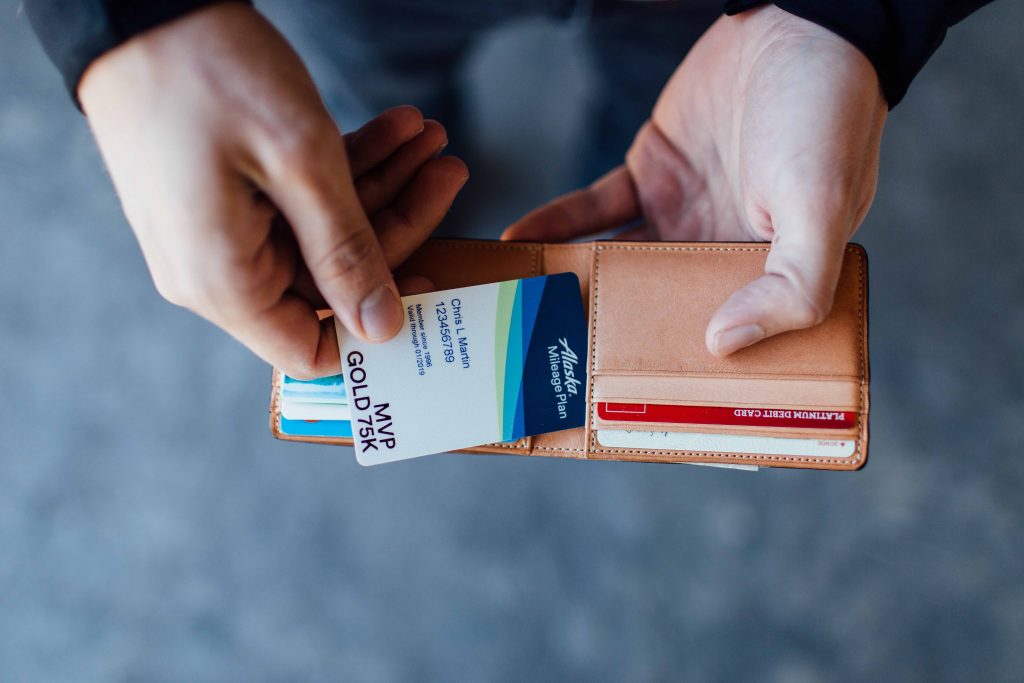Alaska Airlines Now Lets New Parents Keep Elite Status for an Extra Year

Skift Take
This makes perfect sense, and can't cost Alaska Airlines much in revenue. Why don't other U.S. carriers do the same thing?
Not long ago, a new mother contacted Alaska Airlines, asking if she could extend her elite status for one year because she recently had a baby and wouldn't travel much in 2017.
Some airlines outside of the United States regularly make concessions for new parents. They know new moms and dads don't travel often, and some carriers calculate they can drive loyalty by letting them put elite status on hold for a year.
But no U.S airline had a similar policy, something that did not make sense to Alaska executives, including Alison Carpentier, Alaska’s director of brand loyalty and a mother of two. So on Thursday, Alaska changed its rules.
New parents who take work leave in 2017 — and can prove it �
